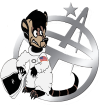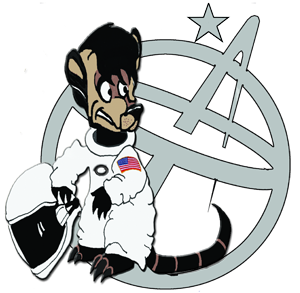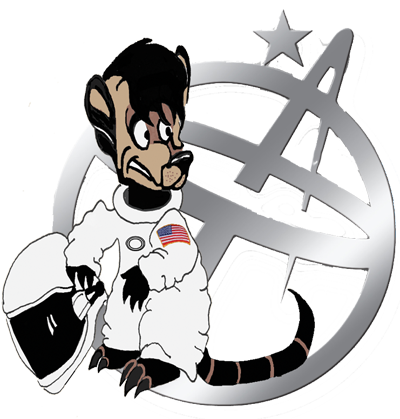
Advanced PoSSUM Space Academy
Immersive Science Education for Tomorrow’s Astronautics Professionals
Similar to the PoSSUM Scientist-Astronaut Program but taught at a more qualitative level, the Advanced PoSSUM Space Academy at Florida Tech is a hands-on and immersive program designed for advanced high-school and undergraduate students interested in upper-atmospheric research, bioastronautics, science communication, and human space flight operations. Graduates may enroll in all PoSSUM Graduate Programs.
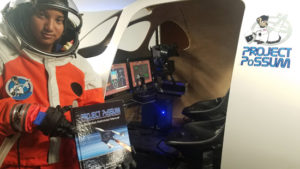
Suborbital Simulator Training
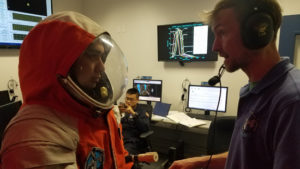
Basic Space Suit Training
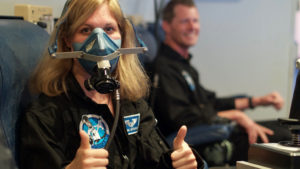
Hypoxia Training
Students Receive:
- Five days of academic instruction
- Three weeks of preparatory webinars
- Mission simulation and Crew Resource Management Training in PoSSUMSim
- High-G and microgravity Space Physiology flight in an Extra 300L aerobatic aircraft
- High Altitude mission training in a hyperbaric altitude facility
- Spacesuit Training (don, doff, regulating pressure, basic mobility)
- Full Scientist-Astronaut Mission simulation training in spacesuits in PoSSUMSim
- Individual instruction on PoSSUMCam and scientific video camera systems
- Anti-G garment and countermeasure introduction
- Advanced PoSSUM Space Academy manual
- Academic and performance evaluation
- Advanced PoSSUM Space Academy graduation certificates
- Silver graduates pin and Project PoSSUM shirt
Academic Topics Covered:
- An Introduction to Atmospheric Science (2 hours). This class will cover the thermal structure, composition, and dynamics of the major regions of our atmosphere.
- An Introduction to the Mesosphere (2 hours). This class will cover observables in the mesosphere (e.g. noctilucent clouds, red sprites, blue jets, meteoric dust, airglow), physical properties of the mesosphere, density profiles, temperature, ionization, chemistry, and dynamics of the mesosphere (e.g. winds, shear, instabilities, Gravity Waves and Kelvin Helmholtz Instabilities)
- An Introduction to Global Climate (1.5 hours). This class will provide a survey of global climatology, focusing on how both natural and man-made changes to our atmosphere affect the global ecological system.
- An Introduction to Noctilucent Cloud Science (1.5 hours). This class will provide a conceptual understanding of the largest observables in the mesosphere, noctilucent clouds. Categorization, structure, color, polarization, formation and evolution of NLCs will be covered as well as remote sensing techniques used to better understand properties of NLCs.
- An Introduction to Atmospheric Scattering (1 hour). This class will cover the principles governing the various means in which solar radiation scatters in our atmosphere. Concepts behind Rayleigh, Mie, and geometric scattering will be covered.
- Observing NLCs from Spacecraft (2 hours). This class uses principles of geometry, celestial mechanics and solar position calculations, and atmospheric scattering to provide an understanding of how PoSSUM missions are planned, including vehicle launch locations, attitude profiles, and launch-commit criteria.
- PoSSUM Instrumentation (2 hours). This class will provide an introduction to suborbital cinematography, PoSSUMCam operations, and ground and airborne support of PoSSUM missions. Also, an introduction to space instrument design, test, and integration will be provided.
- PoSSUM Mission Simulation (6 hour lab) A survey of the principles of mission simulation and operations are provided. Students then learn to fly suborbital PoSSUM missions as both the pilot and the scientist-astronaut in PoSSUMSim. Crew Resource Management (CRM) training in PoSSUM mission simulation provided by Project PoSSUM mission personnel and students will learn how to operate PoSSUM instrumentation in a real-time analog environment.
- An Introduction to Spaceflight Physiology (2 hours). This course provides a background on the physiological effects associated with spaceflight, including cardiovascular effects, orthoscopic hypotension, effects of acceleration, G-LOC, muscle structure and function, countermeasures, effects of spaceflight on neurovestibular system, and space motion sickness.
- Physiological Effects of Spaceflight (4 hour lab). Suborbital missions will be simulated in aerobatic aircraft to familiarize the student with operations in a high-G environment. The student will also learn to mitigate G-induced blackouts through the use of specialized breathing techniques. Flights will be conducted in a Super Decathlon aerobatic aircraft. (PoSSUM Academy Advanced Students Only)
- Effects of Hypoxia (1.5 hours). An academic background on hypoxia is provided, including an understanding of the environment, respiration and effective performance time (EPT), decompression illness, and behavioral and physiological changes as a result of hypoxia. (PoSSUM Academy Advanced Students Only)
- Hypoxia Lab (4 hours) Hypoxia awareness training at altitudes equivalent to 25,000 feet is provided in the PoSSUM normobaric chamber. These skills are essential to the safe operation of spacesuits. (PoSSUM Academy Advanced Students Only)
- Space Life Support Systems (2 hours) Students learn the fundamentals of life support systems commonly found on manned spacecraft, including Environmental Control and Life Support Systems (ECLSS) and design trades associated with cabin pressure, temperature, humidity, oxygen concentration, CO2 concentration, containment of hazardous vapors and particulates, and ventilation systems.
- An Introduction to Spacesuit Design and Operations (2 hours) Students will learn to don, doff, pressurize, perform safety checks, and conduct basic operations using a spacesuit.
- Spacesuit Operations and Mission Simulation (4 hour lab) Students will extend upon their spacecraft and PoSSUM instrument operations skills to successfully conduct a simulated PoSSUM flight in confined environments that simulate actual missions.
Download the Advanced PoSSUM Space Academy Brochure HERE
2023 Schedule
The Advanced PoSSUM Academy is offered at Florida Tech two times per year.
TO APPLY: Apply by 31 December for the Spring Advanced PoSSUM Academy. Apply by 1 July for the Fall Advanced PoSSUM Academy. Rate includes all instruction, texts, and graduation. The Advanced PoSSUM Academy is taught at a conceptual level that does not involve calculus. Some experience with algebra, geometry, and trigonometry will be assumed. Student lodging may be arranged directly with the hotel and room-share recommendations will be offered.
Applications for the Spring 2023 Advanced PoSSUM Academy are being accepted now.
Spring Advanced PoSSUM Academy: 20-24 March, 2023 (Red Sprite); 27-31 March, 2023 (Blue Jet) at Florida Tech, Melbourne, FL.
Recommended Prerequisites
- Basic knowledge of trigonometry
- Some SCUBA Experience
Tuition: $4000
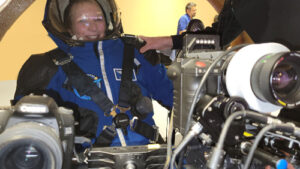
Cinematographic Camera Training
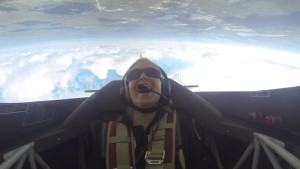
High-G and Spaceflight Analog Training
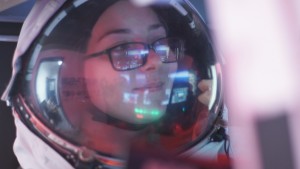
Space Suit and Mission Simulation Training
